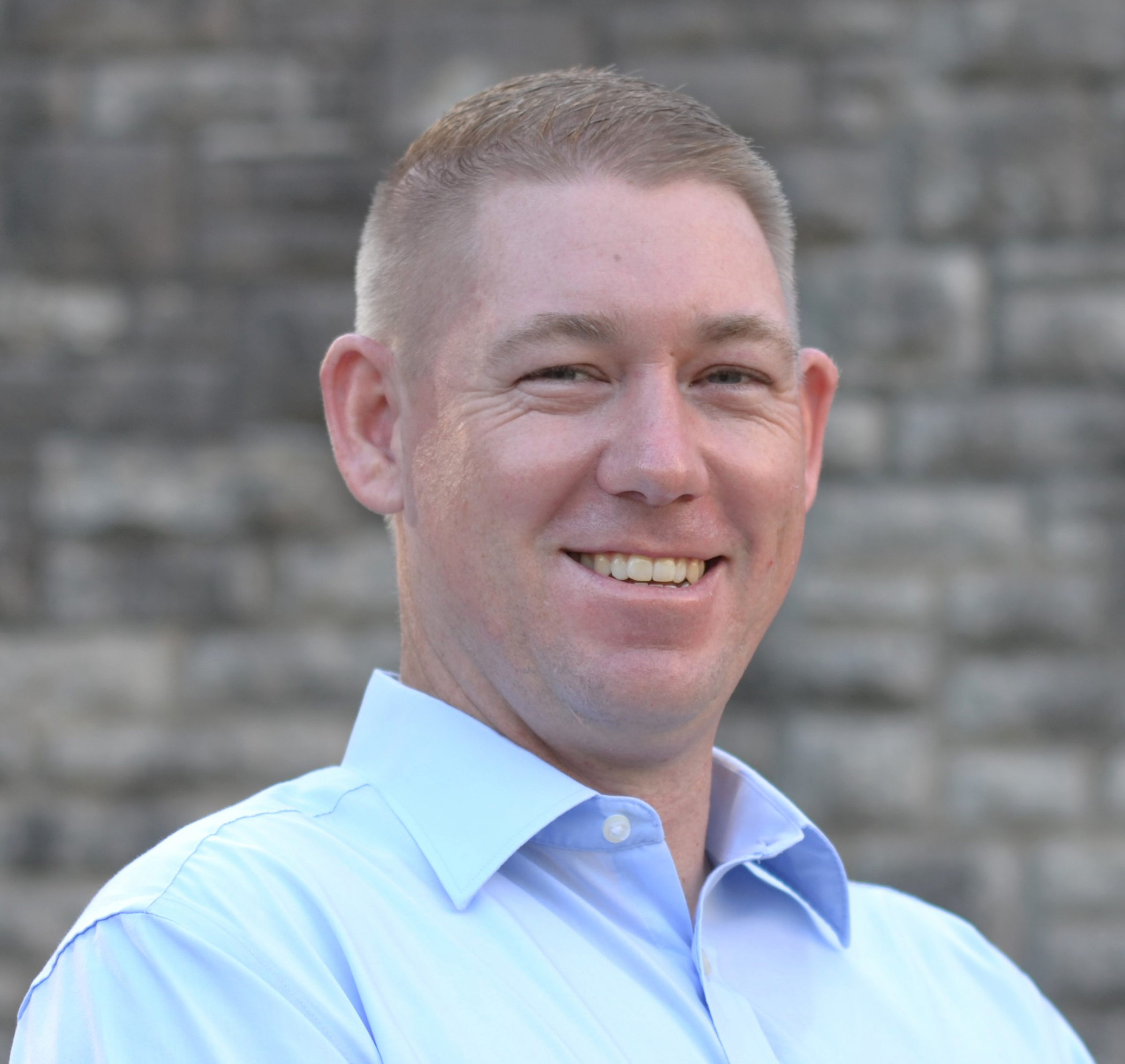A Patient’s Perspective on Living with Diabetes
Bill Plank, MAFP Assistant Executive Director
I’ve had the joy and privilege of working with you, our members, over the past year and a half. Helping our members be the best physicians they can is more than a job for me – it’s a way of giving back. A family physician saved my life when I was five.
After battling both chickenpox and influenza within a month, I continued to lose weight and was not improving. As my weight dipped under 40 pounds and I was struggling to maintain consciousness, my mother took me to the Emergency Department. There she was told I was just recovering from the flu, to give me fluids, and I would be okay. Her mother’s intuition coupled with the classes she was taking while in nursing school caused her to question that diagnosis, so she took me to our family physician. As we arrived, I lost consciousness and she had to carry me in. Upon insistence by my tearful mother, the physician took my blood glucose levels. With a reading of 967 mg/dl, I was immediately admitted to the hospital where I stayed for 10 days (including a trip to the PICU) to become stabilized.
My diabetes control was good as a child, terrible as a rebellious teenager, and has been the best as an adult – partially due to advances in technology, but mostly because of my family.
Fast forward a few decades later and my life is not so different from the average guy with a wife, two kids, and a demanding career. However, under the surface, my life is far more complicated. While most “normal” people don’t have to worry about the minutiae, I am forced to consistently and proactively think like a pancreas.
Here are some realities I routinely confront:
- Always concerned with the location of my Omnipod PDM (Personal Diabetes Manager)
- Insulin pump (Omnipod) site issues and planning. For example, on a recent vacation, I had to make the choice between placing the pod on my thigh where absorption is delayed and insulin sensitivity is low or on my arm where I couldn’t go down the water slides with my children
- Controlling daily stressors so my BG levels don’t elevate
- Nights of poor sleep due to CGM (Dexcom G6) alarms and BG anxiety
- Manipulating BG through food and insulin choices to be able to exercise when the schedule allows or having to skip exercising because BG is either too low or too high
- Wanting a snack but not eating because BG is either perfect or high
- Not being hungry but knowing BG is low so needing to eat
As physicians, you almost assuredly have diabetic patients like me that you see a few times every year. You see our bloodwork including HbA1c, measure our height and weight, check our eyes and feet, and try to keep us pointed in the right direction. One metric that is impossible to measure is the unrelenting stress of diabetes which can perhaps be the most difficult aspect of this disease.
Although it may not always be apparent, we diabetics appreciate all you do for us. We look to you for guidance, are grateful for your understanding of the condition we struggle with every day and hope you understand how thankful we are to have family physicians as part of our care team.
In partnership with the Ohio AFP and other chapters of the AAFP, MAFP is offering a virtual KSA on Diabetes this year. Learn more and register at https://www.mo-afp.org/cme-events/ksa/.
About the Author
By: Bill Plank, MAFP Assistant Executive Director




